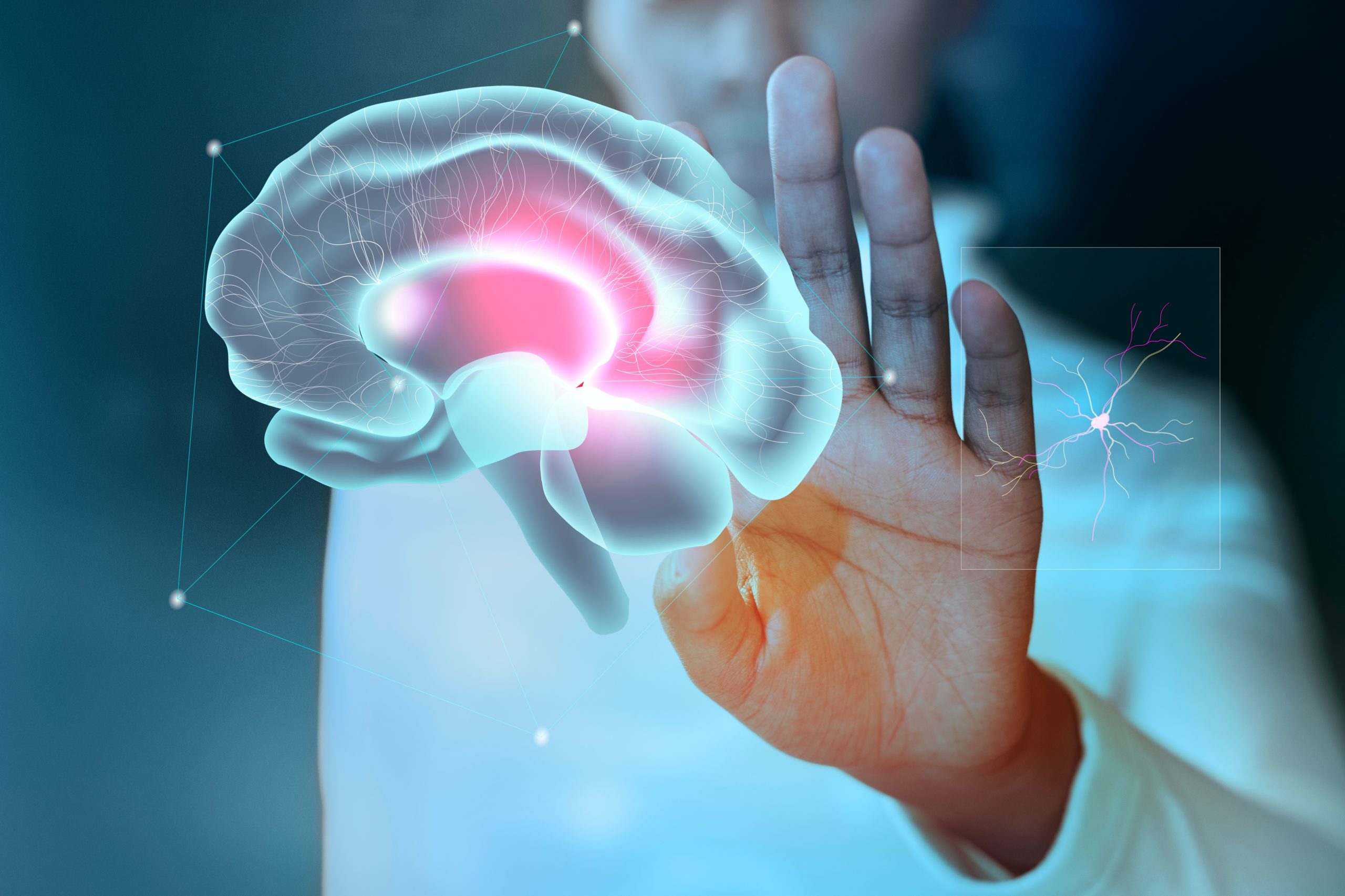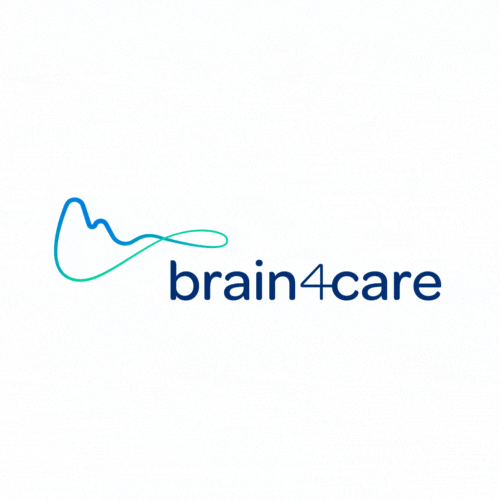
JournJournal of Alzheimer’s Disease special issue presents results of new research and findings for neuroscience
Every year, nearly ten million new cases of dementia occur worldwide, of which Alzheimer’s disease (AD) is the most common form, accounting for about 60-70% of cases. Neuroscience attempts to unlock the secrets of the brain through translational research and drug discovery in order to improve the lives of individuals with a wide variety of neurological and psychiatric disorders such as AD, Parkinson’s disease, schizophrenia, depression, traumatic brain injury, epilepsy and many others.
A special issue, published in the Journal of Alzheimer’s Disease, focused on the challenges posed by brain diseases and presented productive and collaborative research programs in Latin America that are facing critical challenges in brain research, which are currently making high-impact collaborative contributions to the field of neuroscience.
Biomarkers in aging and age-related diseases are included in the highlighted topics, especially studies looking for low-cost and efficient approaches to measuring these markers; new molecules as neuroprotectors; Cognition cohort studies in Hispanic populations to identify aspects of brain disease.
And more: the effect of a synthetic cannabinoid; review of the role of hypoxia; the problem of severe traumatic brain injury, an important risk factor for AD; new research on the role of Vitamin D in cognitive function; and, finally, the lack of funding at the regional level for research in Latin America.
The news on the publication and url links for the featured articles are available on the IOS Press website.





